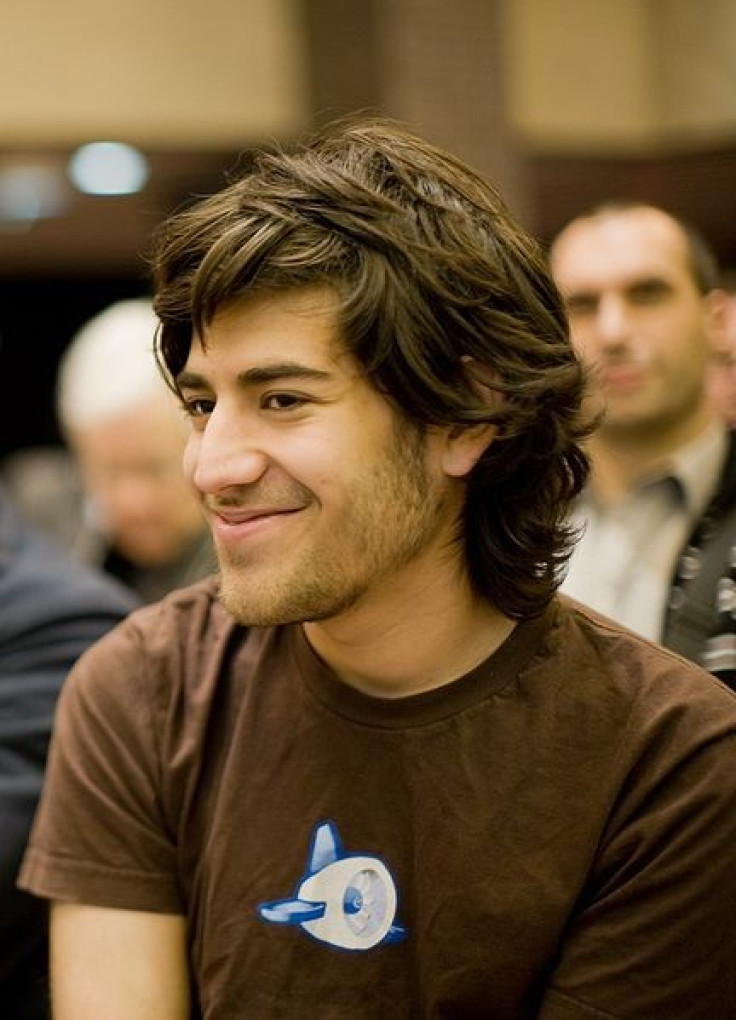The worrying case of Barrett Brown - a dangerous precedent for all journalists and activists

When word filtered out of the courtroom in Dallas, Texas on Thursday evening that Barrett Brown had been sentenced to 63 months in jail, it was both shocking and worrying.
Brown will likely serve another year behind bars before being eligible for supervised release, having already spent 28 months in jail since being arrested in September 2012. He has also been ordered to pay $890,000 (£595,000) in restitution.
While the majority of his sentence (48 months) related to Brown's extremely ill-judged threats against an FBI agent and his children, everything can be traced back to a single link Brown posted in an online chatroom in 2011.
The link pointed to a cache of stolen information which was taken during an attack on the intelligence firm Stratfor, which was carried out by Anonymous.
As a journalist - which is what Brown is - who covers cybersecurity and who has posted links to numerous caches of stolen information in the past, I feel that this case is setting an extremely worrying precedent and highlights the growing power the US government is leveraging against anyone who seeks to uncover injustice.

Righting wrongs
Two years ago activist Aaron Swartz took his own life rather than face years in a federal prison after the US government decided to charge him with violating the Computer Fraud and Abuse Act.
Swartz's crime? Trying to download and publish academic journals so that everyone could have access to them.
While Brown's and Swartz's crime are entirely different, both share a common sense of fighting back against the system. Both were trying to right a wrong they perceived was taking place.
In the wake of Brown's sentencing many people have highlighted the huge disparity in the US legal system between sentences handed down for crimes such as fraud and sex abuse, compared to the terms handed down to Brown, and before him Jeremy Hammond - who is serving a 10-year sentence for carrying out the Stratfor hack.
Anarchist
In typically anarchic fashion, Brown's response to his sentencing on Thursday was upbeat and refreshing:
Good news! — The US government decided today that because I did such a good job investigating the cyber-industrial complex, they're now going to send me to investigate the prison-industrial complex. For the next 35 months, I'll be provided with free food, clothes, and housing as I seek to expose wrong doing by Bureau of Prisons officials and staff and otherwise report on news and culture in the world's greatest prison system.
I don't know Barrett Brown, but it is clear from talking to people who know him and from reading his musings online, that he is a character that is hard to like - and this in part has led to him being behind bars today.

Brown is certainly a polarising character. He was once seen as "the voice of Anonymous" but most within the hacktivist group eventually grew tired of what they saw as self-aggrandising actions.
Brown's decision to post public threats against an FBI agent who was investigating him was clearly a terrible idea (and in his statement to the court yesterday Brown admitted his regret at this action), but if you watch the video (and you can here), Brown is clearly agitated. He is clearly under pressure as a result of the FBI's investigation.
Mother's arrest
His anger at the FBI's investigation into his work was exacerbated by the arrest of his mother on charges of obstructing the execution of a search warrant by hiding Brown's laptops from police - a charge which led to a sentence of six-months probation and a $1,000 (£640) fine.
There is no excuse to threaten anyone's children, but the actions of the FBI in this case are an example of just how the US government can apply pressure that pushes people to breaking point.
Clarion call
In its response to the sentencing, the Electronic Frontier Foundation said the long sentence should not put others off seeking the truth:
"While we're disappointed with the sentence Brown received, we hope everyone takes this sentencing as a clarion call to not only continue the fight for government transparency and press freedom that Brown's work represents, but to make clear that increasing the criminal penalties and devastating consequences that come with a federal criminal indictment is a bad idea."
I'm not sure this is a clarion call. I'm not sure this isn't a worrying precedent which will have US journalists and activists looking over their shoulders every time they post something online.
It won't stop me from linking to contents online, but if I was based in the US, I'm not so sure I would be as confident in making that statement.
© Copyright IBTimes 2024. All rights reserved.






